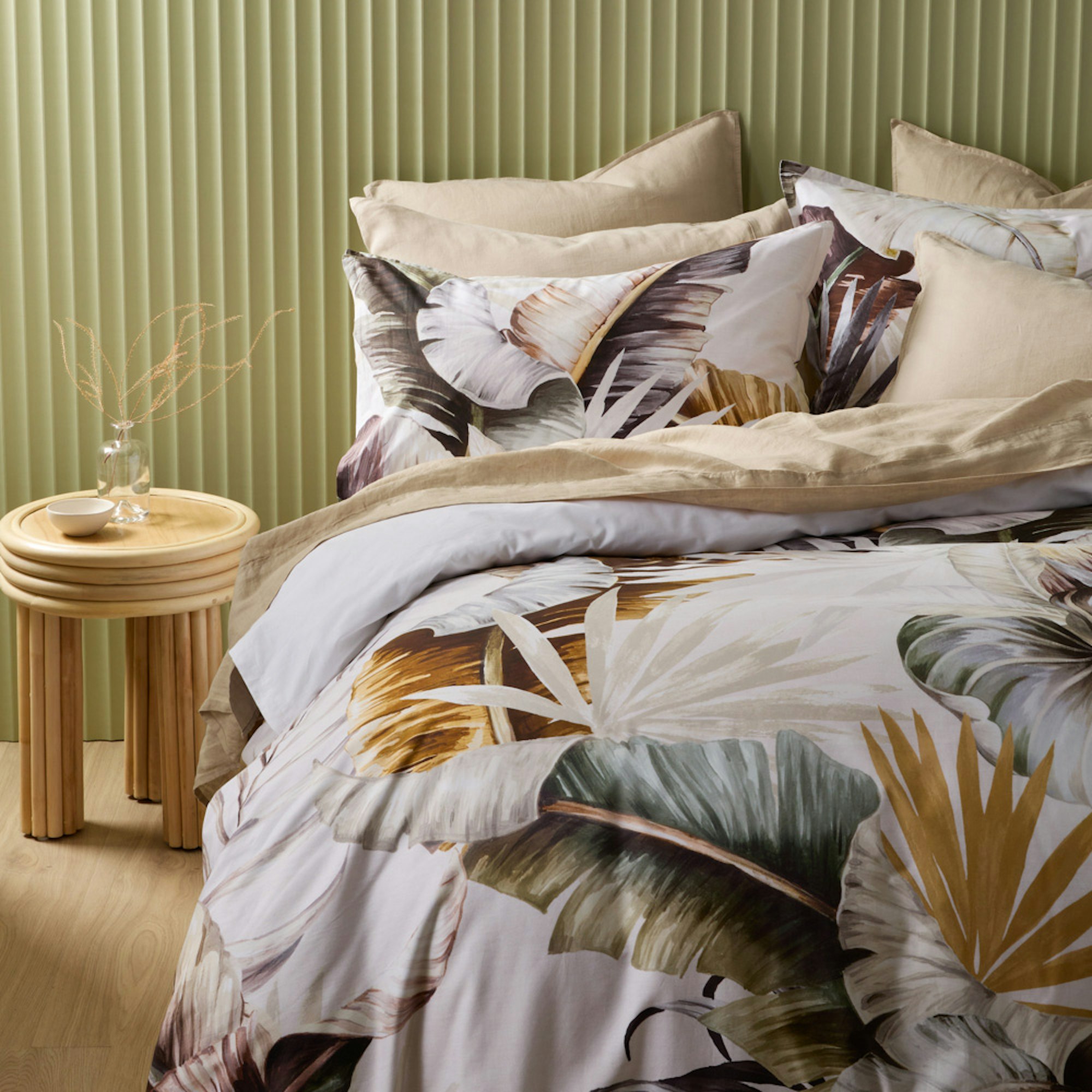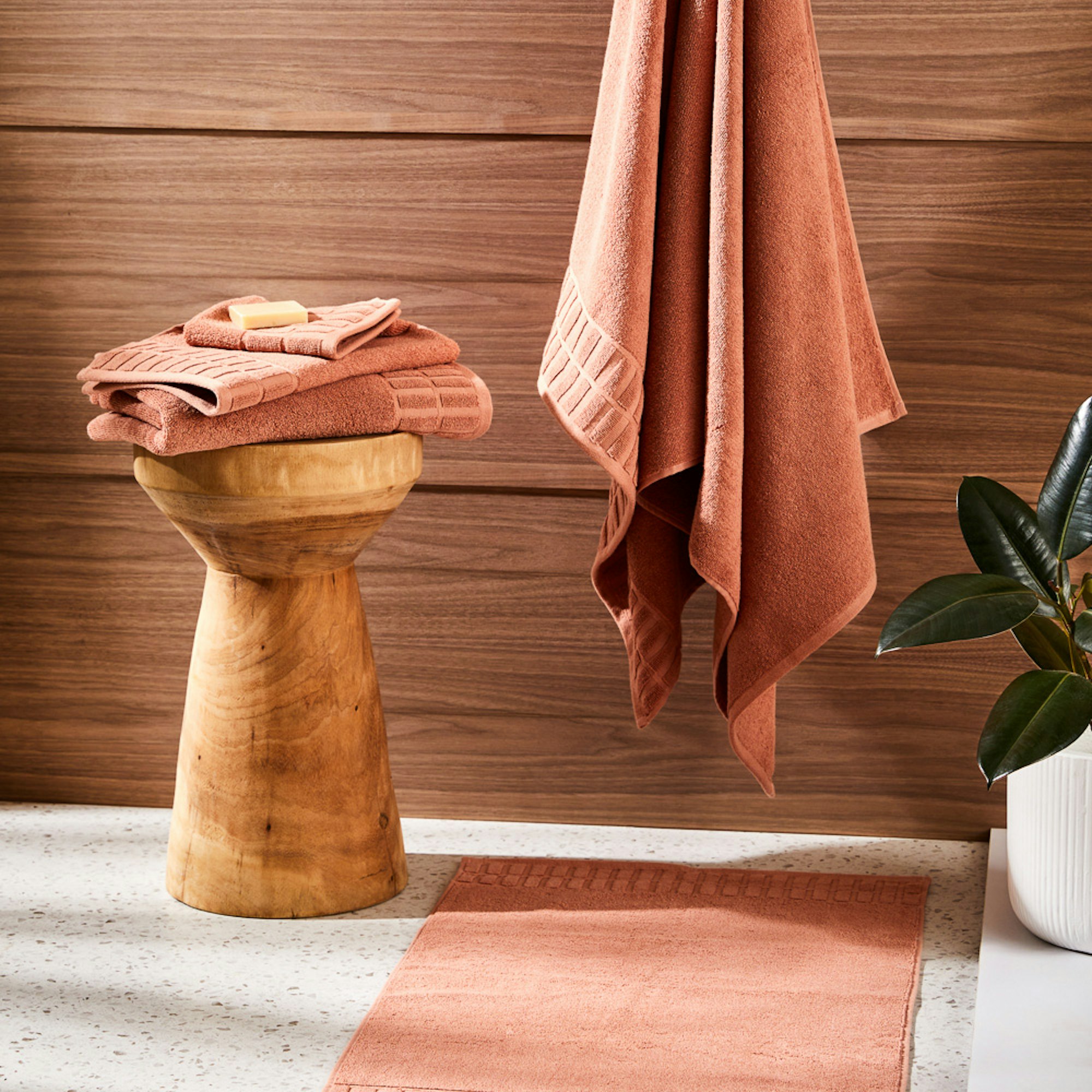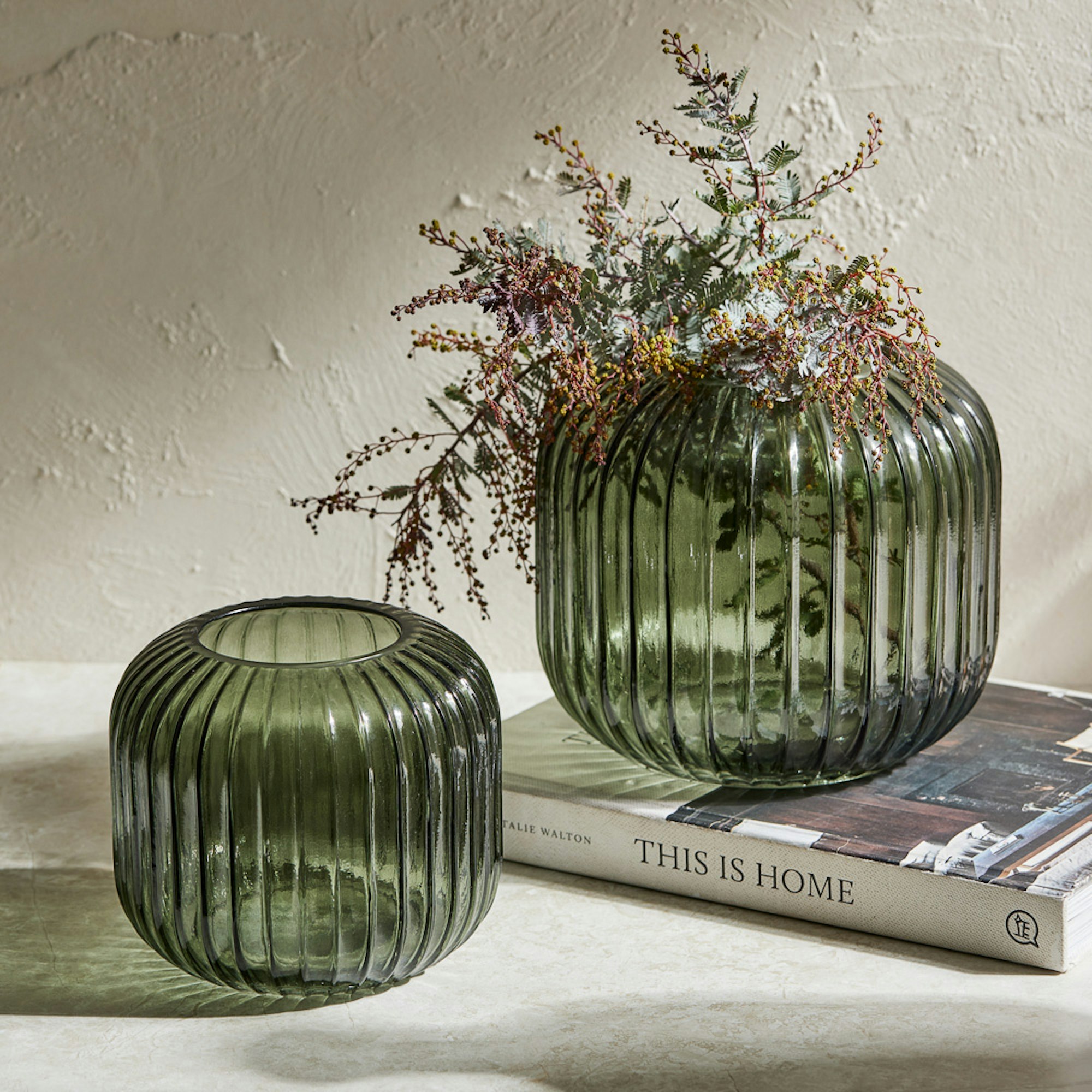Everything You Need To Know About Linen Sheets
When you think of linen sheets, you probably envision freshly washed, lightweight sheets hanging on the clothesline flowing in the breeze outside a country cottage with a beautiful garden bed scented with fresh spring blooms. While that’s a beautiful scene, it is easily achievable for everyday living wherever you are. Linen has been around for centuries, and was previously considered the fabric of royalty which can last generations when cared for properly. These days, linen sheets are becoming increasingly popular due to the fabric’s properties and the benefits it holds. In this article, we cover how linen differs from other materials, how to look after linen bedding properly, and our top tips when choosing your linen sheets.
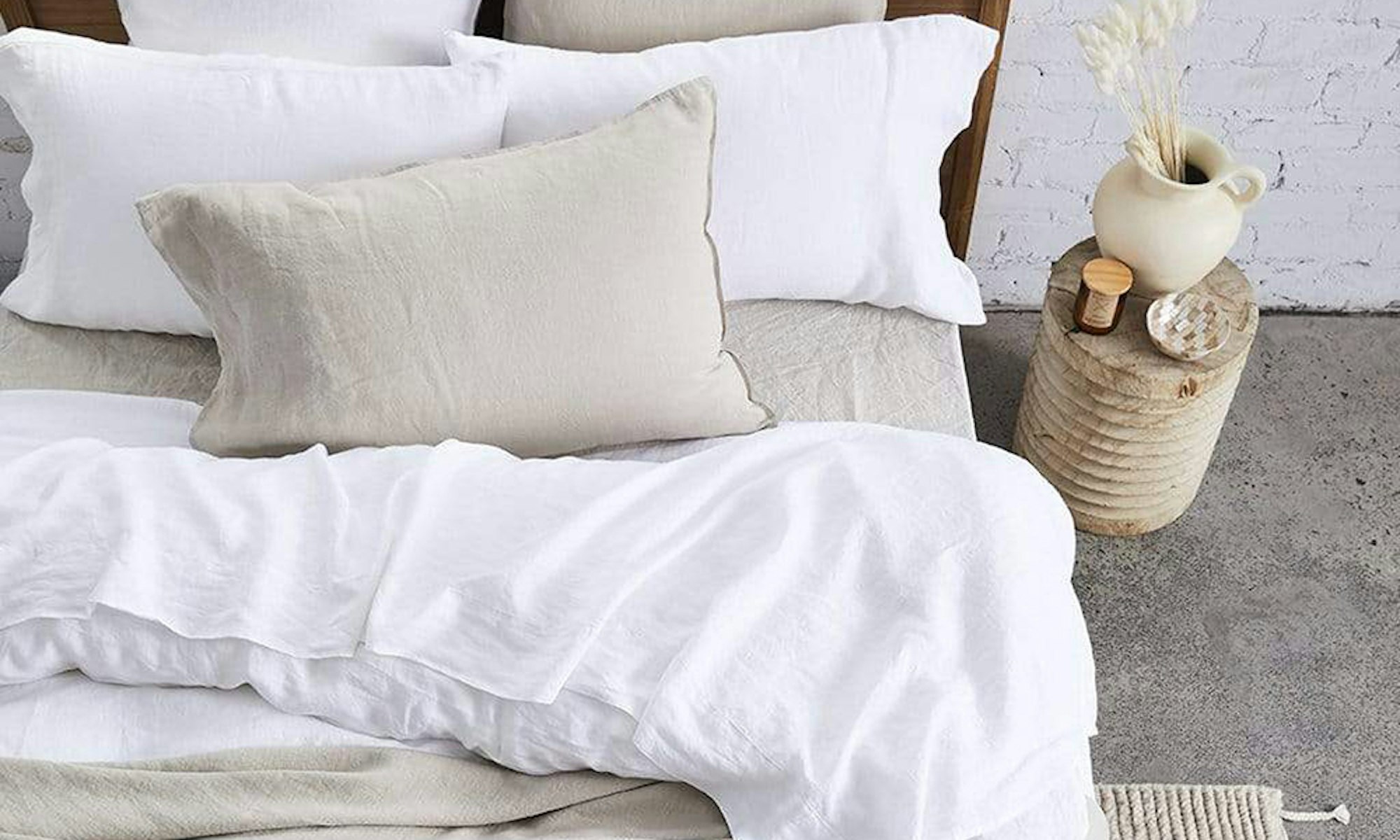
What Are Linen Sheets?
With a reputation that exudes luxury and finesse, linen sheets are made of the highest quality flax fibres sourced from Europe. Linen is known as being one of the oldest textiles in human history, dating back to when ancient Egyptians used to wrap and preserve mummies in linen. Today, the now popular premium textile has made its way into our homes in forms of sheets and pillowcases among other things.
Linen is a plant-based fibre which is environmentally friendly, as it uses all different parts of the flax plant, including the seeds, to produce various materials. This also means linen sheets are biodegradable. Just like a linen shirt or pant, linen sheets require a little more care when cleaning them, however, the relaxed nature of the material means it equally requires less maintenance in terms of no ironing (unless you really want to which we will cover later).
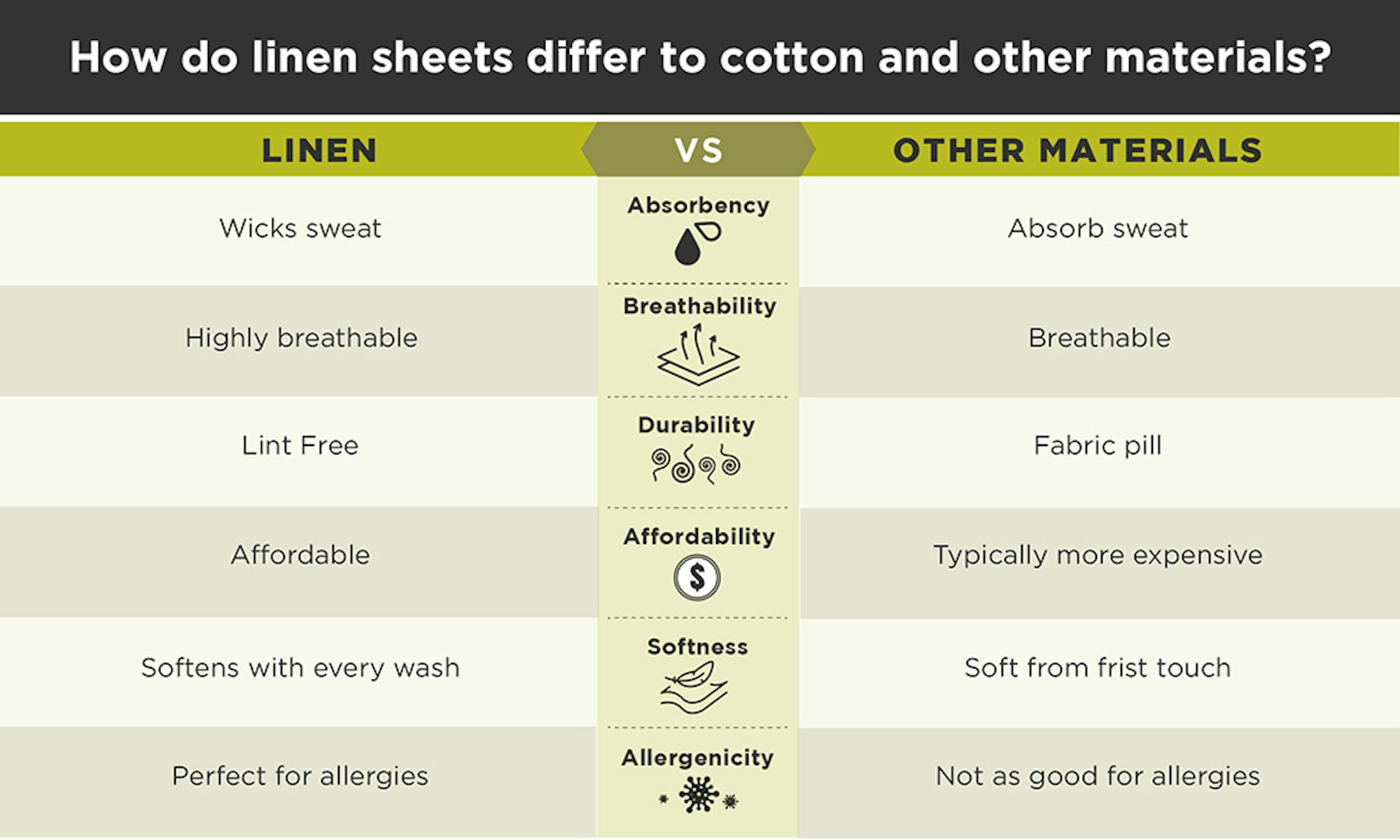
What Are The Benefits of Linen Sheets?
Don’t let the light weight of linen sheets fool you into thinking they are not as durable as cotton. Linen is the second strongest fabric after silk. While linen can absorb up to 20% of its weight in moisture, it dries faster that cotton.
Linen sheets are a match made in heaven for anyone who runs hot. As mentioned earlier, linen sheets wick sweat as opposed to absorbing. While great for summer, linen sheets are renowned for their breathability and temperature regulating properties. This makes linen sheets ideal for all year-round use keeping you cool in summer and warm in winter.
Linen sheets are perfect for individuals with allergies and sensitive skin as they are hypo-allergenic and are naturally anti-bacterial, anti-microbial, and anti-fungal.
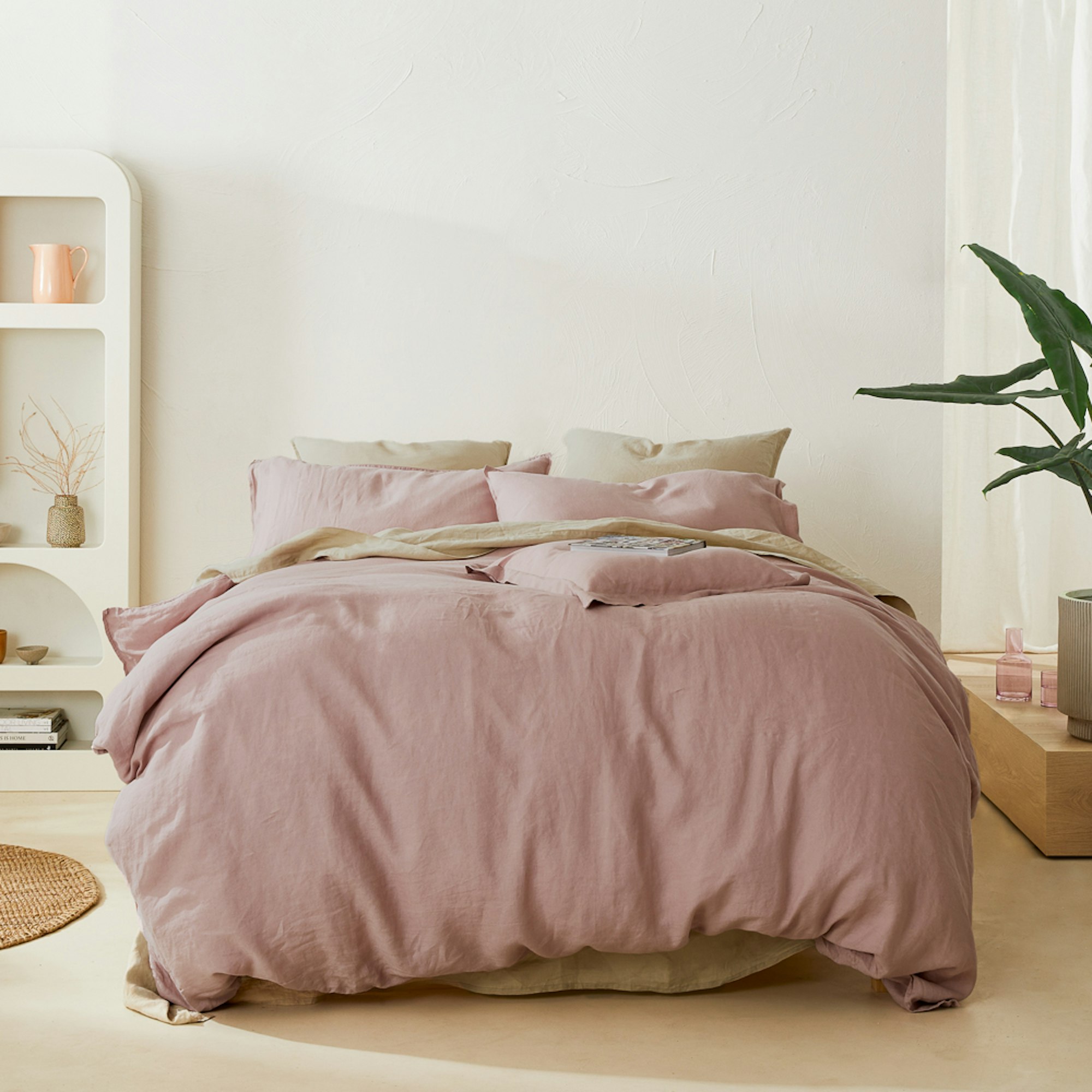
How To Look After Your Linen Sheets?
- Our recommendation for washing linen sheets is as follows:
- Wash prior to first use. Gentle machine wash before use (40°C). Wash dark colours separately. Do not bleach. Do not boil. Do not dry clean. Cool to warm tumble dry. Line dry in shade. Use warm iron if desired.
- Do not use fabric softener on linen as it can break down the fibres affecting the lifespan of your linen. Linen will continue to get softer with every wash.
- Always allow for sheets to dry before storing away. Avoid storing in plastic boxes as this can cause yellowing. Linen still needs to breathe even when being stored.
- Line drying in the shade is considered the best method for linen sheets. If required a tumble dry on low heat can be used.
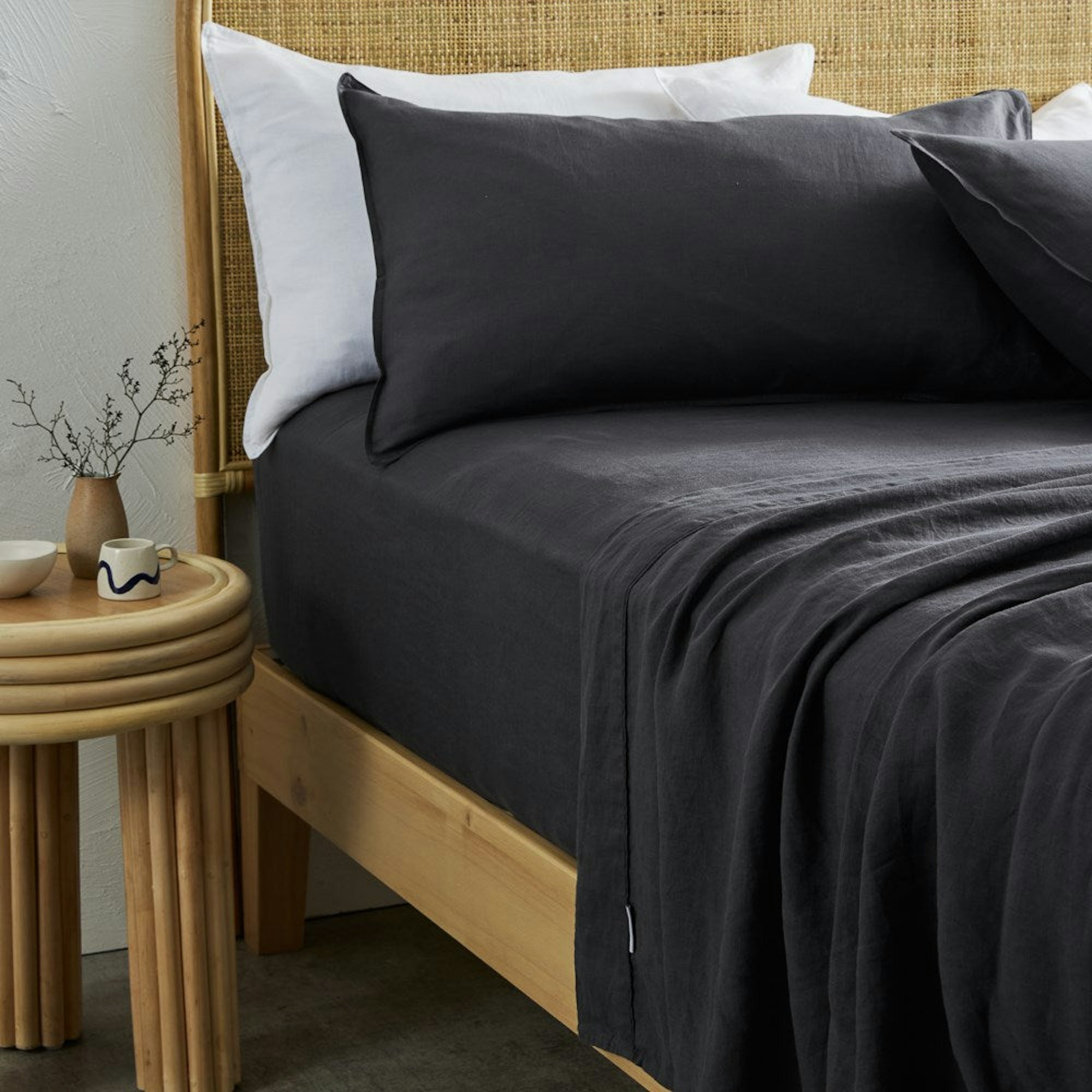
How Long Do Linen Sheets Last For?
Due to the properties of this material and the way the sheets are woven, linen sheets, when cared for correctly, can last generations, making them the ultimate value for money bedding. However, we recommend for sheets is to replace them every two years as discovered in How Often Should I Replace My Bedding?
It’s safe to say after reading this that linen sheets are a worthwhile investment. The benefits are outstanding while looking effortlessly chic. Linen may require specific care treatment but other than that, linen sheets are the perfect choice for any bedroom. A person on average spends one third of their lifetime asleep in bed. Make your time in bed better with sheets worthy of Sunday sleep ins.

